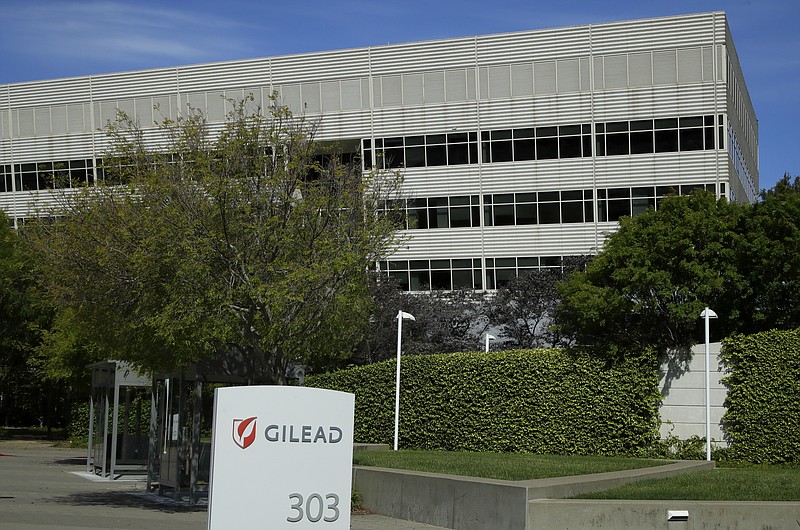An antiviral drug, Remdesivir, offers hope for treating patients with severe COVID-19 infection. COVID-19 is caused by the SARS-CoV-2, a coronavirus.
Gilead Science holds the patent for Remdesivir, which was developed for use in treating SARS and MERS, two illnesses also caused by coronaviruses. Remdesivir was ineffectual against the Ebola virus, another coronavirus. In a desperate effort to find a treatment for COVID-19, the U.S. Food and Drug Administration approved emergency use of Remdesivir in a placebo-controlled clinical trial of critically ill COVID-19 patients, undergoing treatment in ICUs. Patients who were on ventilator-support showed no benefit. Remdesivir did shorten average length of hospitalization of other patients from 15 to 11 days. The benefit was most evident in patients who received supplemental oxygen as part of their treatment. Based on this trial, the FDA, on May 1, approved Remdesivir for clinical use. Gilead set a price of $3,140 for one course of treatment for one patient.
On June 30, the U.S. announced procurement of 500,000 doses of Remdesivir from Gilead. This is the worldwide supply of the drug for the next three months. We outbid other countries. The move leaves longtime allies high and dry. Canada, the United Kingdom and the European Community have protested the move but are powerless to alter it. Gilead donated a supply of Remdesivir to Australia on June 30.
The ethical issue is profound. Worldwide efforts to control the COVID-19 pandemic will require a vaccine and effective drugs, especially for severely ill patients. A cooperative worldwide effort of vaccination and treatment will be necessary to end the catastrophe. Otherwise, international commerce, transportation and cooperative endeavors in education, science and humanitarian efforts will be undermined.
Does the U.S. monopoly on a vital drug point to future efforts by our government to corner the market on the first effective COVID-19 vaccine? Have we established a precedent that will end any international cooperation in public health? Would allies trust us in any other international crisis? Would they come to our aid in a disaster?
Drug patents are widely honored. A patent allows the discoverer of a unique drug up to 20 years of exclusive manufacture and sale of that agent. However, countries desperate to obtain Remdesivir for their own people might choose to purchase it from manufacturers in India, where pharmaceutical patents are not observed. A manufacturer in that nation could produce a generic version of Remdesivir and offer it to worldwide consumers at a fraction of the cost of the branded drug. Less expensive, generic drugs for HIV-AIDS forced Western manufacturers to lower prices for their products.
The obvious solution is immediate licensure by Gilead for other established companies to make Remdesivir. A lethal, worldwide pandemic mandates new, aggressive manufacturing practices.
Another drug, dexamethasone, has recently proved beneficial in the treatment of severely ill COVID-19 patients. Unlike Remdesivir, dexamethasone is an inexpensive, widely available, generic drug.
Worldwide solutions to pandemic diseases are the only way forward.
Contact Clif Cleaveland at ccleaveland@timesfreepress.com.
